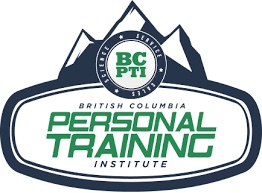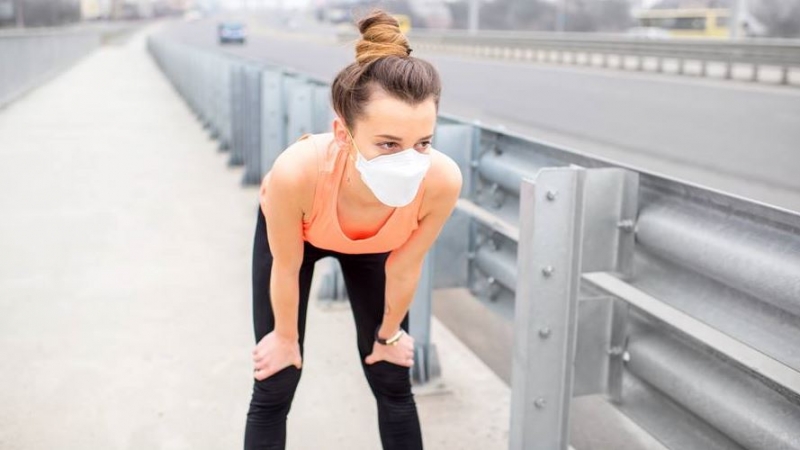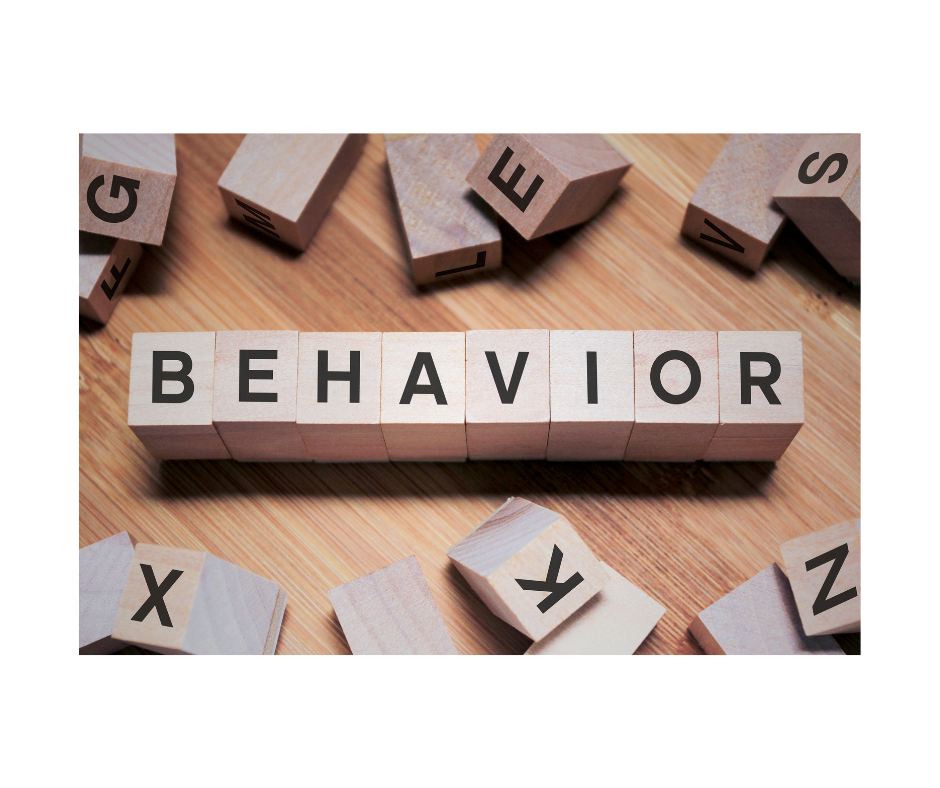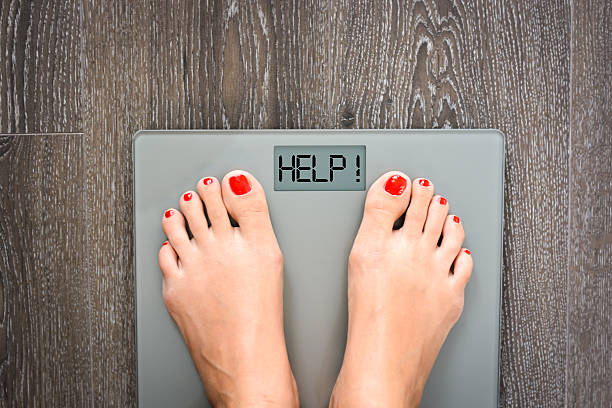You start enjoying your new exercise routine and without any signs come a cold or flu.
What you should do? Skip the gym? Go to the gym with no energy and the risk of injury?
My experience as a physiotherapist and trainer and most of all as an athlete show me that there is two answers: Yes and No.
Yes!
Exercise is usually OK if your symptoms are all “above the neck.” These signs and symptoms include those you may have with a common cold, such as a runny nose, nasal congestion, sneezing or minor sore throat.
Exercise may even help you feel better by opening your nasal passages and temporarily relieving nasal congestion. But still consider reducing the intensity and length of your workout, do a light workout, cardio to increase your blood pressure and boost your immune system.

No!
Don’t exercise if your signs and symptoms are “below the neck,” such as chest congestion, a hacking cough or upset stomach. You will be unproductive and could aggravate your symptoms. Don’t exercise if you have a fever, fatigue or widespread muscle aches.
Let your body be your guide. If you feel miserable, take a break. A few days off from exercise when you’re sick shouldn’t affect your performance. Resume your normal workout routine gradually as you begin to feel better. Check with your doctor if you aren’t sure if it’s OK to exercise.
If you do choose to exercise when you’re sick, reduce the intensity and length of your workout. If you attempt to exercise at your normal intensity when you have more than a simple cold, you could risk more-serious injury or illness.
The best way to avoid the problem is not to get sick in the first place.
Exercise in general can help boost your body’s natural defenses against illness and infection:
Thirty minutes of regular exercise three to four times a week has been shown to raise immunity by raising levels of T cells, which are one of the body’s first defenses against infection. However, intense 90-minute training sessions like those done by elite athletes can actually lower immunity. – Neil Schachter, MD, medical director of respiratory care at Mount Sinai Medical Center in New York.
That means to control the intensity and length of your workout and it’s also important to have enough time for the recovery and take care of your nutrition before, during and after your workout.

Post exercise immune function dysfunction is most pronounced when the exercise is continuous, prolonged (>1.5 h), of moderate to high intensity (55-75% maximum O2 uptake), and performed without food intake – Gleeson M, (Immune function in sport and exercise)
As we can see, exercise impact in different ways your immune system, so go to the gym but stay connected to your body and modify your workout if you need!
Blog written by SNFC trainer & graduate Gabriel Sarta
original blog posted on www.snclubs.com/blog







